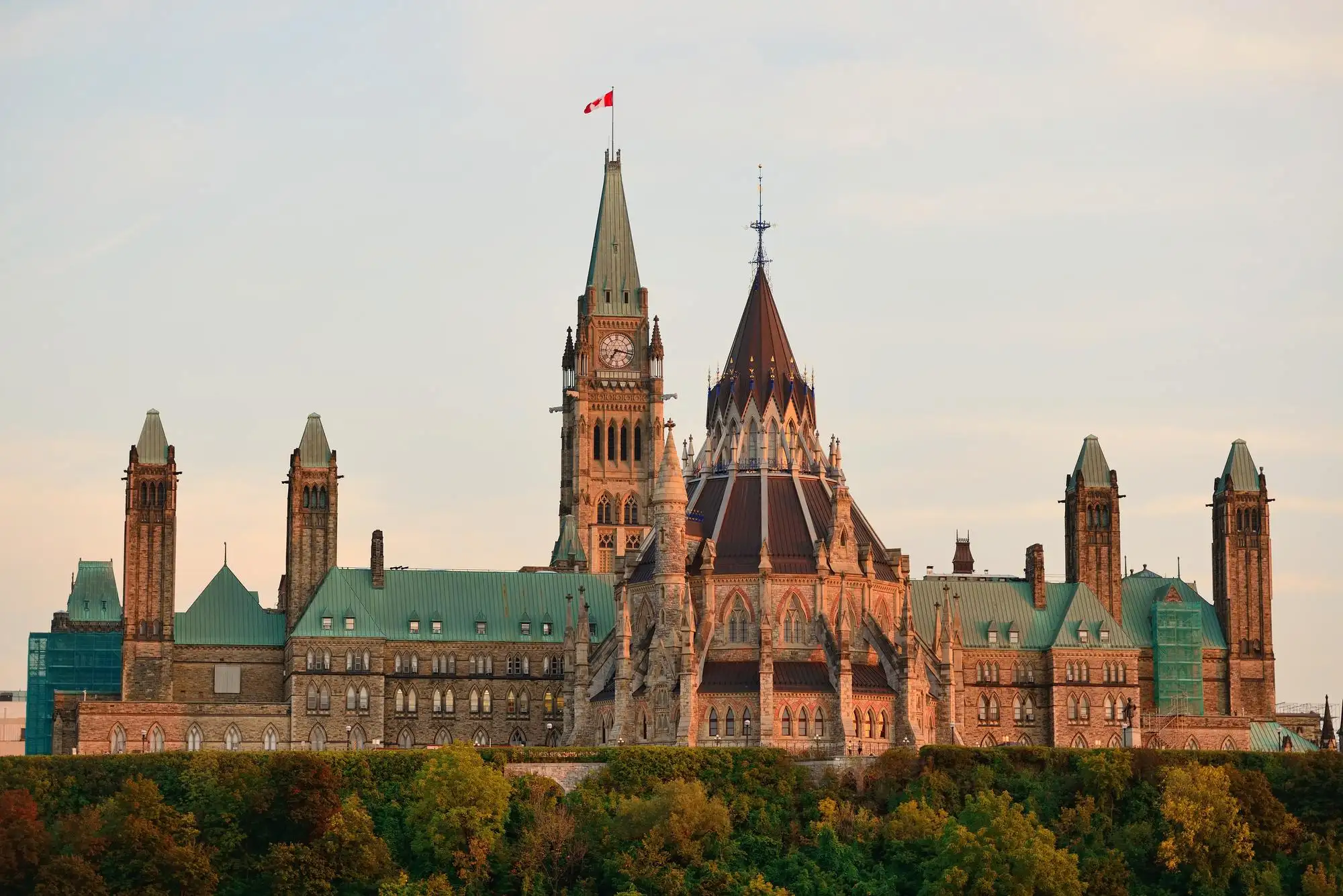Postdoctoral fellowship income qualifies for RRSP room
On February 4, 2022, the government announced good news for taxpayers who earned fellowship income. The government released draft legislative proposals to now include postdoctoral fellowship income in “earned income” for Registered Retirement Savings Plan (RRSP) purposes. The even better news is that the government is willing to allow individuals to go back all the way to 2011 and retroactively apply the rules to increase RRSP room.
If you recall, only “earned income” generates RRSP room. Here’s what Earned Income includes:
- Salary
- Business income
- Rental Income
- Royalty income
- Support payments
The government is proposing to allow income received in connection with a program that consists primarily of research and does not lead to a college diploma or university degree (and thus does not qualify for the scholarship exemption) to be treated as earned income. As a result, postdoctoral fellowship income will qualify as earned income for the purpose of determining the amount that you may contribute to your RRSP.
This amendment applies to 2021 and subsequent taxation years. For example, postdoctoral fellowship income received in 2021 will be included in earned income for the individual’s 2021 taxation year, which will be relevant in the determination of the individual’s RRSP contribution limit for 2022.
Ability to Retroactivly Get RRSP Room for Fellowship Income Received in 2011 to 2020

The good news is that the government seems to be allowing taxpayers to retroactively go all the way back to 2011 to elect to have their fellowship income generate RRSP room. The draft proposals apply to postdoctoral fellowship income received in the 2011 to 2020 taxation years if, before 2026, the individual files an election with CRA for an adjustment to their “earned income”. The additional earned income will increase the individual’s RRSP contribution limit after the date that the election is filed.
RRSP Strategies
Many doctors pursue fellowships and earn very few other sources of income during this phase in their careers. Although they earn fellowship income, it didn’t generate RRSP room for them. This proposal is a chance to go back all the way to 2011 and determine if your fellowship can help you boost up your RRSP room. This coupled with the RRSP strategies we outlined in our article here, could be a way to accelerate your wealth. For example, you could take advantage of strategies like spousal contributions to supersize your RRSP and get into the housing market.
Note that this is only a proposal and has not yet been passed into law.


